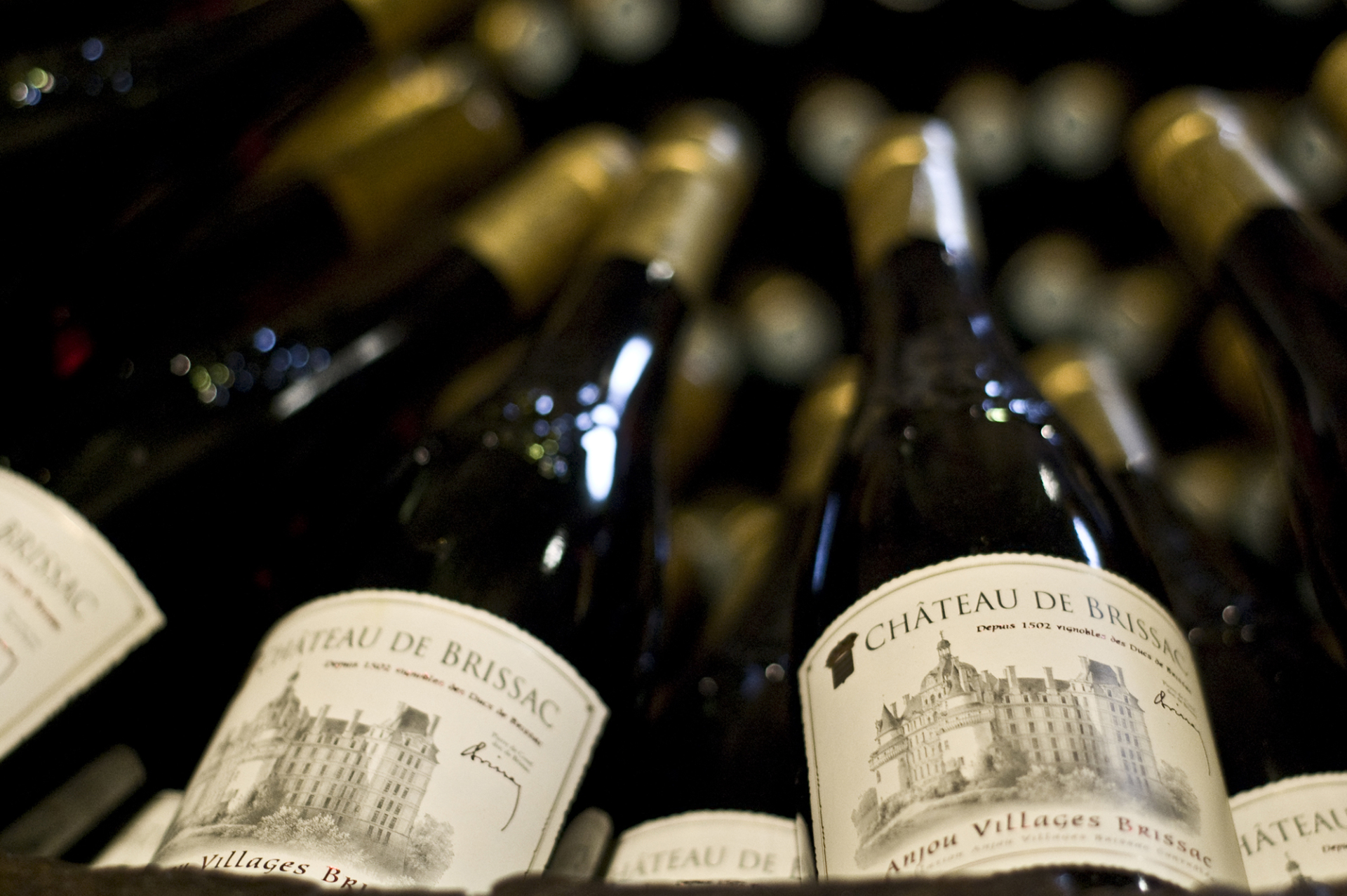When France decided to tax America’s tech companies, the Trump administration decided to hit the French where it hurts – in exports of cheese, Champagne and handbags.
But trade experts and Arizona business owners say it’s U.S. consumers and small businesses who will likely end up paying the price.
“It really bothers me,” said Joel LaTondress, owner of Arcadia Premium in Phoenix, which sells craft beer, wines and cheeses.
“The liquor business is a multitier type of system and it’s extremely complicated, so you’re hurting multiple types of businesses, whether it’s stores like mine or distributors or importers,” he said. “It just seems kind of petty.”
The Office of the U.S. Trade Representative formally proposed tariffs of up to 100% on Dec. 6 on French imports like cheese, sparkling wine, handbags, soap, makeup products and more.
The move came in response to France’s imposition of a 3% digital services tax on business done in France by U.S. technology companies like Google, Apple, Facebook and Amazon.
President Donald Trump has decried the tax as unfair and the trade representative agreed, ruling that the tax was discriminatory and “particularly burdensome” for the U.S. companies.
In response, the trade representative targeted 63 iconic French goods like cheeses, many of which are made exclusively in France, or sparkling wines like Champagne, which is only made in a specific region France. Those items accounted for $2.4 billion in French exports to the U.S. in 2018, according to the USTR.
The proposal is under a 30-day public comment period, but if implemented it could push consumers into the middle of the scuffle, forcing American shoppers and businesses to pay more.
While proponents of tariffs say they can push consumers to buy American-made products as a cheaper alternative, one business owner said that American cheeses are often expensive already and could leave cheese lovers with “sticker shock” if there’s no cheaper option.
Trade experts said a common misconception with tariffs is that the penalty is paid by the country whose goods are targeted, but that extra cost is actually paid by the businesses and consumers buying the imported goods. They said the proposed tariff on French imports is no different.
“Pretty much everybody agrees that tariffs are ineffective at changing behaviors,” said Gabriella Beaumont-Smith, a macroeconomic policy analyst at the Heritage Foundation, a conservative think tank in Washington, D.C.
A better solution, she said, would be to file a complaint about perceived unfair practices like the French technology tax with the World Trade Organization. France’s foreign minister said in published reports in December that his country is considering filing a complaint with the WTO about the proposed U.S. tariffs.
Simon Lester, associate director at the Center for Trade Policy Studies at the Cato Institute, a libertarian think tank in Washington, said that tariffs are “always going to have a collateral impact” on U.S. consumers. He said “the reality is that U.S. companies who are importing the French products are the ones who have to write the check.”
That cost will be passed on to consumers. But for the status-conscious, that might not be a bad thing, said one business owner.
“There is some notoriety to being able to present at your table that French bottle of wine or that French cheese with its accompanying price tag,” said Randy Mettler, the owner of Duck and Decanter in Phoenix. “For a small portion of the market, it’s appealing to them.”
Story by Bryan Pietsch, Cronkite News




